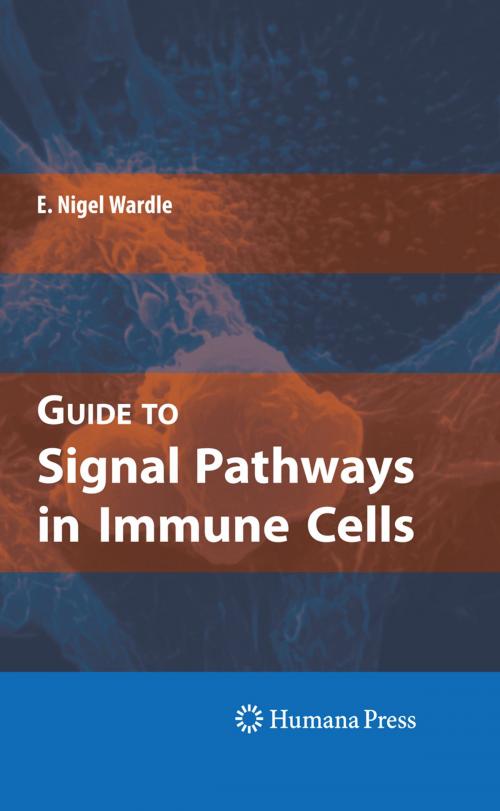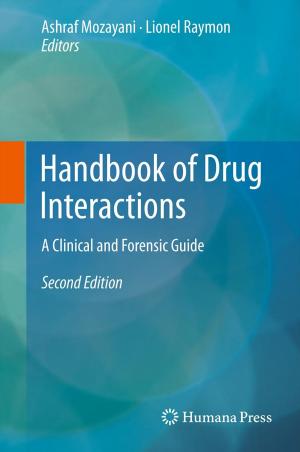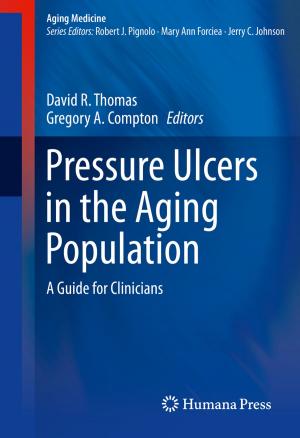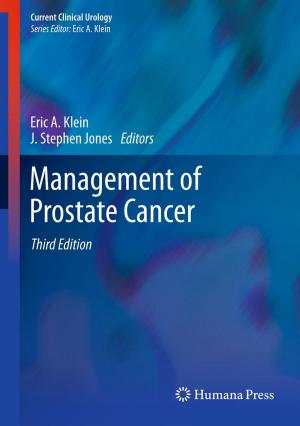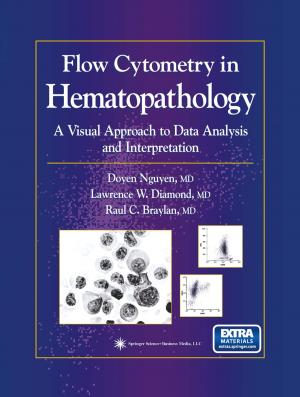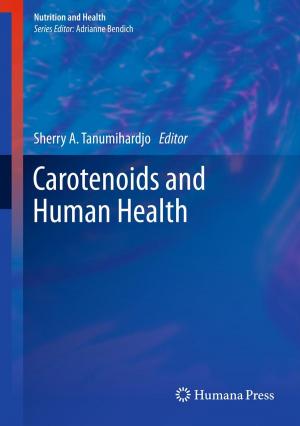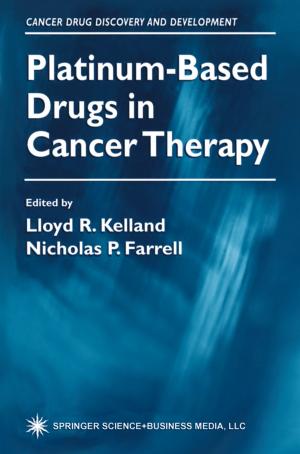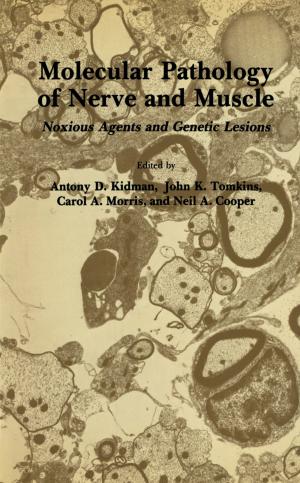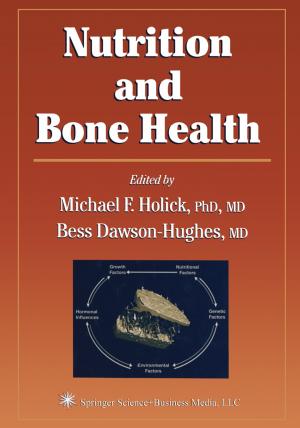Guide to Signal Pathways in Immune Cells
Nonfiction, Health & Well Being, Medical, Medical Science, Immunology, Science & Nature, Science, Other Sciences, Molecular Biology| Author: | E. Nigel Wardle | ISBN: | 9781603275385 |
| Publisher: | Humana Press | Publication: | April 21, 2009 |
| Imprint: | Humana Press | Language: | English |
| Author: | E. Nigel Wardle |
| ISBN: | 9781603275385 |
| Publisher: | Humana Press |
| Publication: | April 21, 2009 |
| Imprint: | Humana Press |
| Language: | English |
To read current biomedical science, one has to have a working knowledge of how important effector molecules cause transduction of their signal within cells, altering the control of genes. This work aims to provide that basic knowledge for medical readers. Students of immunology or cell biology will note its relevance. One will learn how platelets, macrophages, neutrophils, T and B lymphocytes and natural killer cells perform their functions and how skin, breast, prostate and colon cancers emerge. The associated diagrams and tables are used to obviate extensive text. Appropriate references to articles and reviews by workers in each field are given so that further consideration can easily be undertaken. We are all at differing stages of our appreciation of immunology and of pat- physiology. Some persons will have a profound background in biochemistry or molecular biology. Others will have a reminiscence of lectures received years ago. Since this work is principally for clinical doctors, the sections that can be avoided at first reading are marked with an asterisk (*). Always proceed line by line and think of associations that you know. Do you feel comfortable with the statement, “Interleukin 6 stimulates glucose uptake in renal proximal tubular cells, and that action is associated with Stat3, PI3K/Akt, MAPKs and NF-kB signal pathways”? If not, please read on.
To read current biomedical science, one has to have a working knowledge of how important effector molecules cause transduction of their signal within cells, altering the control of genes. This work aims to provide that basic knowledge for medical readers. Students of immunology or cell biology will note its relevance. One will learn how platelets, macrophages, neutrophils, T and B lymphocytes and natural killer cells perform their functions and how skin, breast, prostate and colon cancers emerge. The associated diagrams and tables are used to obviate extensive text. Appropriate references to articles and reviews by workers in each field are given so that further consideration can easily be undertaken. We are all at differing stages of our appreciation of immunology and of pat- physiology. Some persons will have a profound background in biochemistry or molecular biology. Others will have a reminiscence of lectures received years ago. Since this work is principally for clinical doctors, the sections that can be avoided at first reading are marked with an asterisk (*). Always proceed line by line and think of associations that you know. Do you feel comfortable with the statement, “Interleukin 6 stimulates glucose uptake in renal proximal tubular cells, and that action is associated with Stat3, PI3K/Akt, MAPKs and NF-kB signal pathways”? If not, please read on.
